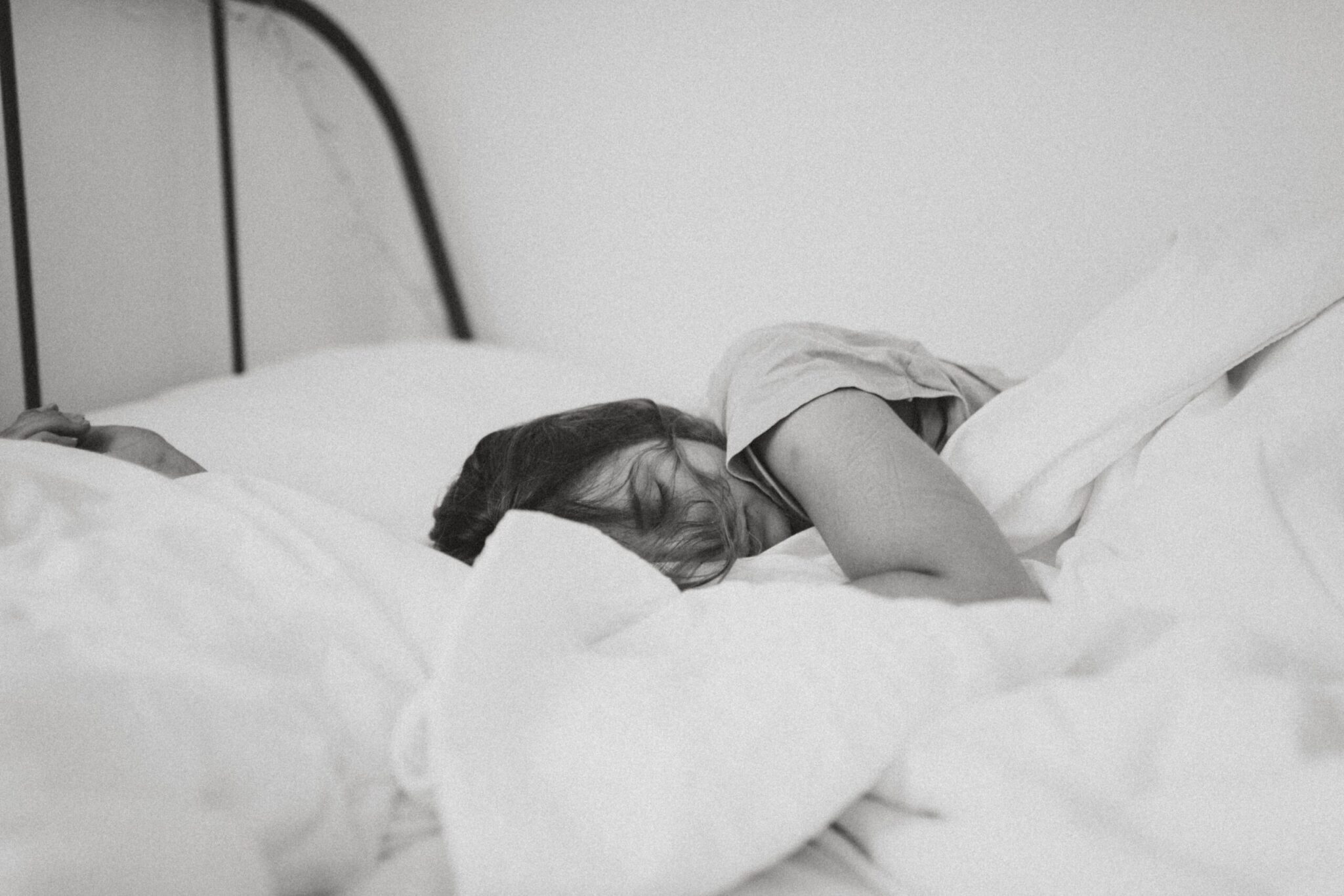
Nothing beats those mornings when you wake up feeling re-charged, rejuvenated, and ready for action for the day ahead.
But why can’t we feel like that every day?
Life is busy. Work can be stressful, family responsibilities, unexpected problems, financial worries, and illnesses which can put our brains into overdrive, especially at night. With these thoughts swirling our heads it’s no wonder we can wake up feeling groggy.
Sleep is the foundation for a strong immune system, psychological and emotional resilience. Research suggests it can also interfere with memory, learning, and can cause serious chronic health problems such as cardiovascular disease, high blood pressure, and diabetes. So we need to make it a priority. Ideally, we should aim for at least 7 hours a night. [1]
Particularly during the pandemic, I along with many have definitely felt disruptions to my usual sleep routine. In a time full of uncertainty, change, more time spent inside, there’s been a lot to think about. So, I’ve had to come up with some creative solutions before hitting the hay.
Here are some simple habits that you can adopt to help you on the road to getting higher-quality ZZZ’s.
Establish a routine – and stick to it!
Try to go to sleep and wake up at the same time every day, even on the weekends. This will help to regulate your body clock, letting you sleep more deeply and for longer.
Minimise blue light at night.
The glow or ‘blue light’ that emits from electronic devices such as TV, phones, computers, tablets, and bright lights can hugely disrupt your natural sleep-wake cycle.
It suppresses the production of Melatonin, a hormone responsible for making us feel sleepy. Therefore exposure to more blue light makes it harder to fall asleep and stay asleep during the night.
1-2 hours before bedtime, try ditching your phone, turning off the TV, and dimming down bright lights. Make your bedroom dark and cosy using table lamps or candles (who doesn’t like a bit of ambiance?!). If you have to, try using blue light filters available for smartphones and computer screens to reduce its effect.
Don’t worry, write it down.
As the light fades to dark and it’s time for bed, all-consuming thoughts can enter your head. If your mind is racing with worries, avoid bed for a while. The worst thing you can do is toss and turn and get frustrated at yourself.
Try writing the problem down in a journal, it can be tomorrow’s problem. Try a soothing herbal tea or take a few relaxing minutes of meditation before hopping into bed.
Reading before bed.
Let your mind escape to another world, even if it’s just for 10 minutes. I have found reading to be a huge help getting some shut-eye and staying asleep through till morning.
Not only is reading a good option to reduce blue light but it’s also a fantastic way to de-stress and wind down after a busy day. It can also help to become part of your daily routine, reminding your body it’s time to sleep.
Ps, maybe don’t start off with horrors or thrillers that get your heart rate going…
Time your exercise right.
Exercise has been shown to dramatically improve our sleep quality and how long we sleep.
It is thought that morning or early afternoon workouts are better for regulating our sleep-wake cycles, by raising the body temperature then allowing it to drop in the day, triggering us to feel more tired by the evening. If you like working out in the evening, you could try more low impact exercises or yoga to de-stress and relax the body before bed.
Everybody is different, so get moving and see what works for you!
Food and drink affect more than you think.
Caffeine is a stimulant, keeping our brains switched on, making us feel more alert. It can be found in many foods and drinks such as coffee, tea, chocolate, and soft drinks. It can stay in the body for up to 24 hours so if you’re having trouble sleeping, you might want to re-think that 3 pm slump sugary snack…
Nicotine and alcohol deserve caution too. They can cause major problems for our sleep, reducing quality and duration and increasing trips to the loo in the night!
Try reducing the amount of caffeine you are having each day and try not to consume after 2 pm.


